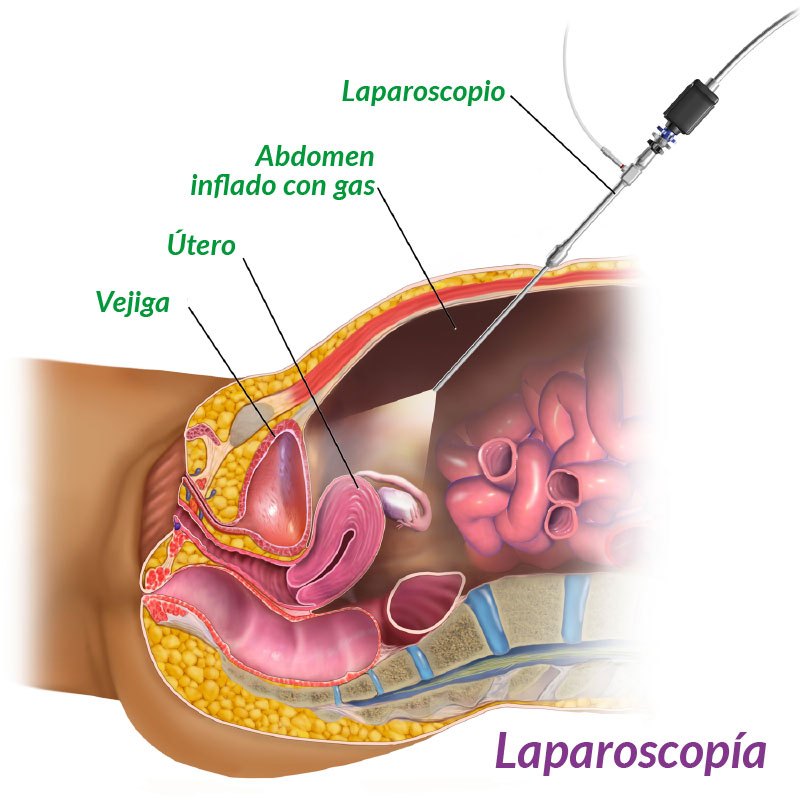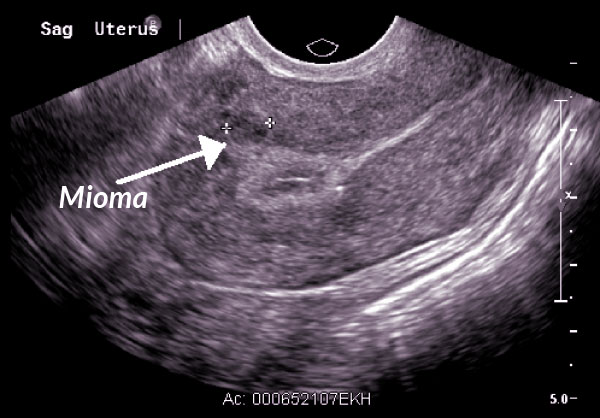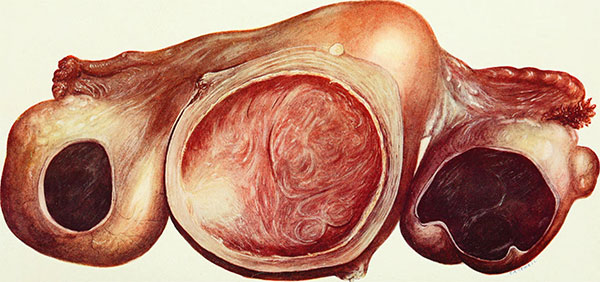Laparoscopic surgery in women
Laparoscopic surgery is a very important tool in Gynecology as well as in problems related to fertility.
There are at least 2 types of approach to problems in women with endoscopic techniques in gynecology (abdominal laparoscopy and vaginal hysteroscopy). One of its great advantages is that the procedure is ambulatory, that is to say; the patient does not need to be hospitalized for more than 6 hours on average.
Speaking of abdominal laparoscopy, the surgical approach generally consists of 3 incisions smaller than 1 cm, represented in graph 1.
In these procedures we can solve both tubal (inflamed fallopian tubes) and ovarian (endometriotic cysts) and peritoneal (post-surgical adhesions) pathologies, among others.
En el área de reproducción asistida es una herramienta de uso frecuente sobre todo para patología tuboperitoneal y/u ovárica figura 1 y 2.
Transcendental to be able to have an assessment of the uterine cavity to rule out internal uterine problems, and thus see tubal ostium (internal uterine orifices) as endometrial cavity and uterine fundus.
It’s a solution
It resolves problems such as dysfunctional uterine bleeding (endometrial hyperplasia), or abnormal uterine bleeding problems (polyps and/or fibroids), in addition to patients with fertility problems, it is currently the best diagnostic tool, even though it has displaced Laparoscopy in importance. Solving anatomical problems in the uterine cavity such as polyps and/or fibroids or pathology of adhesions secondary to infections or previous curettage (synechiae) Fig.2 and 3.



